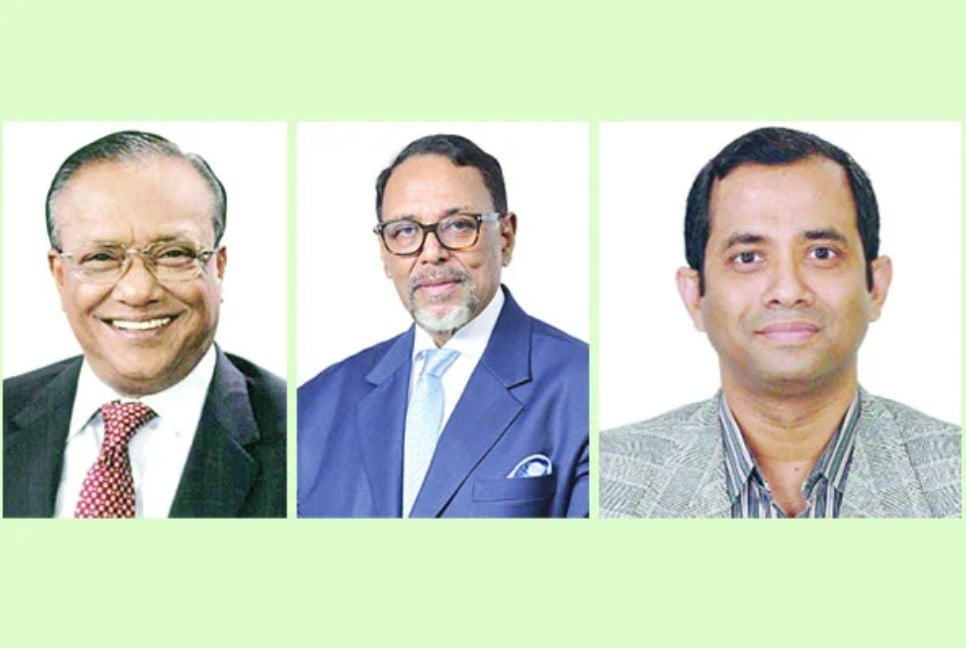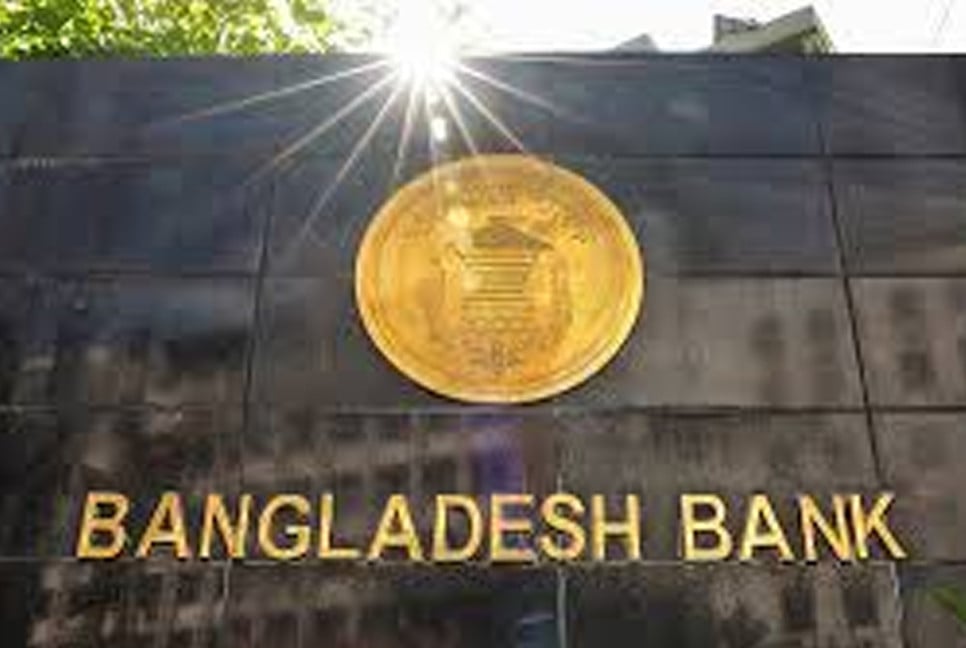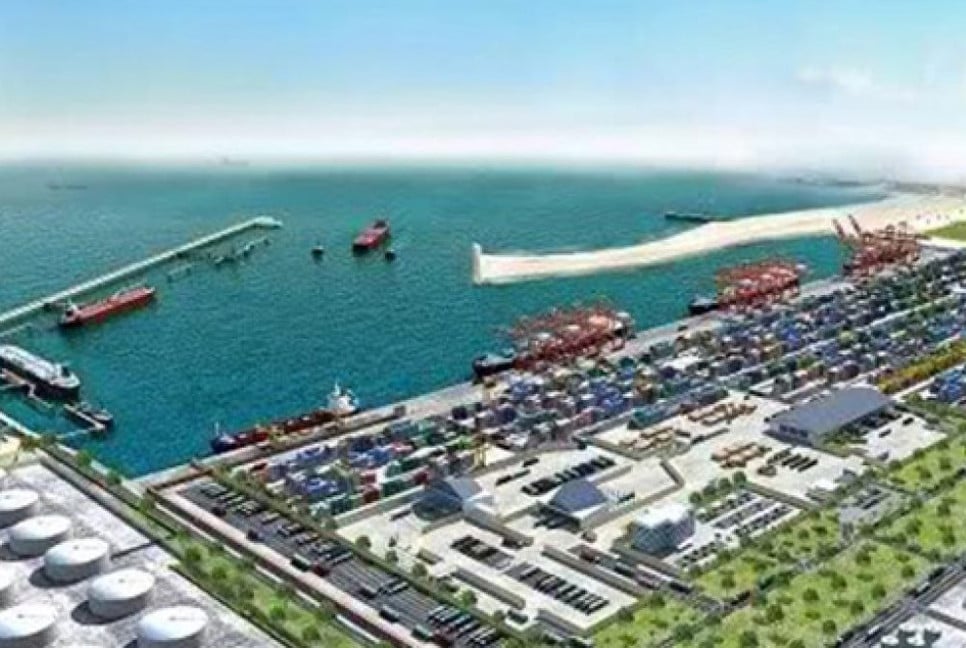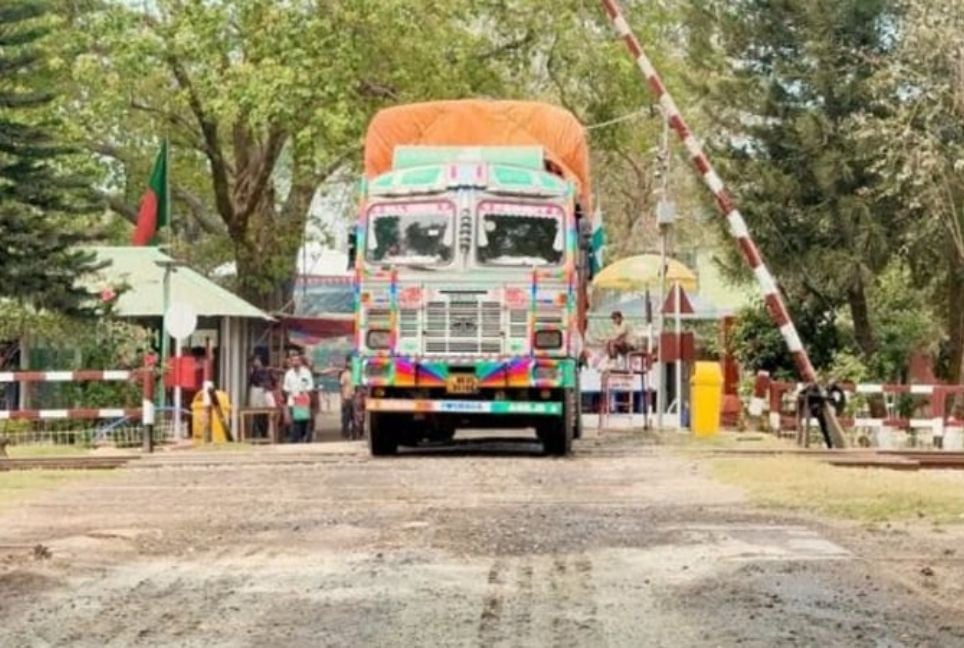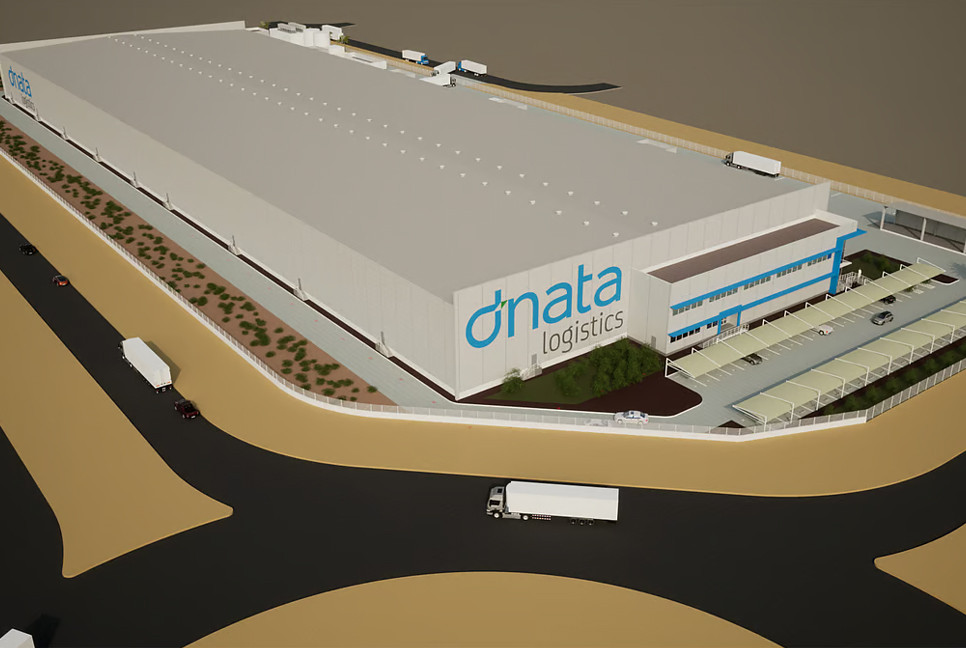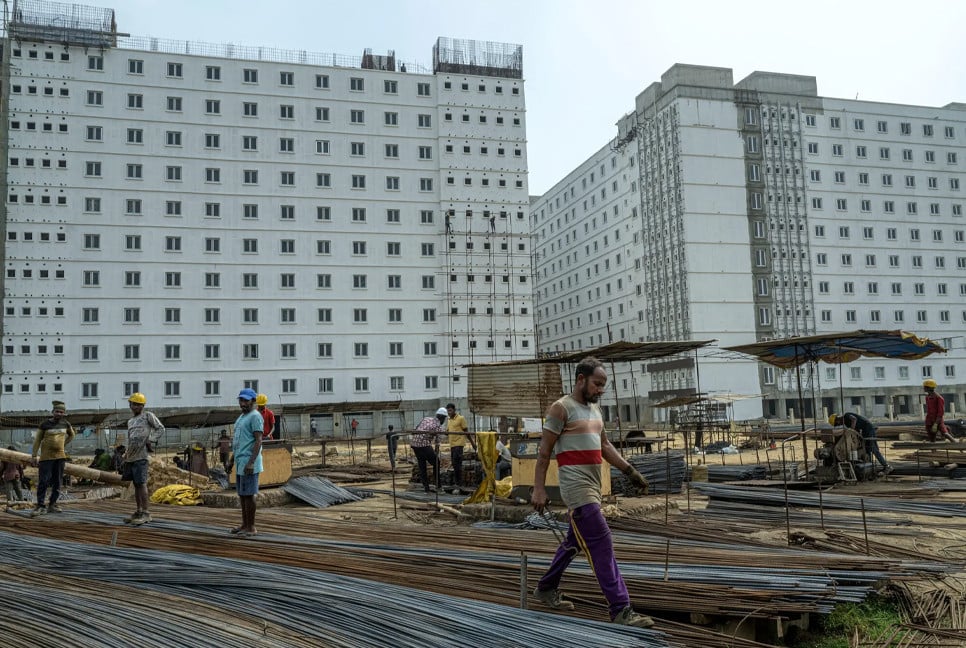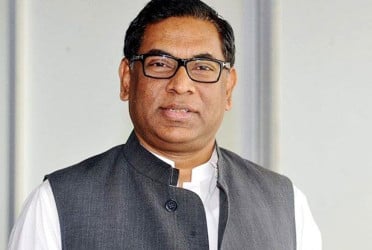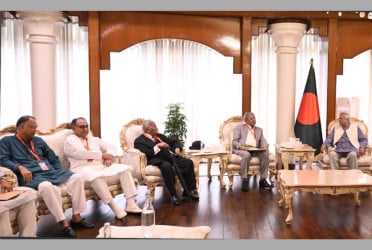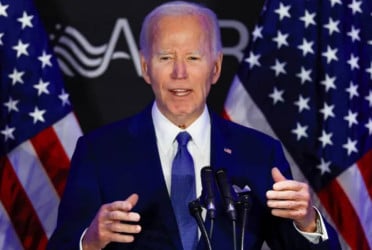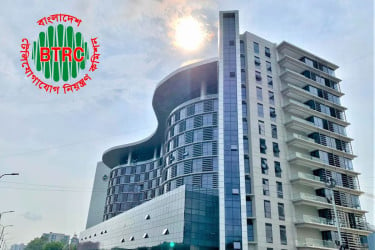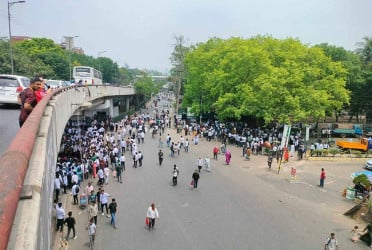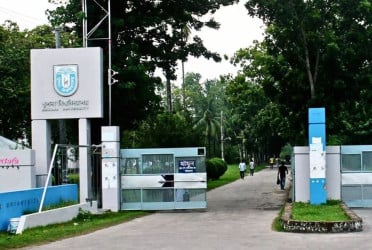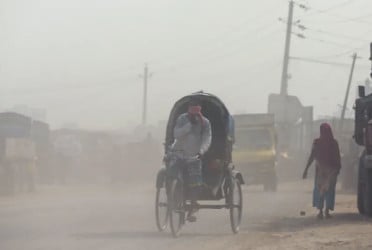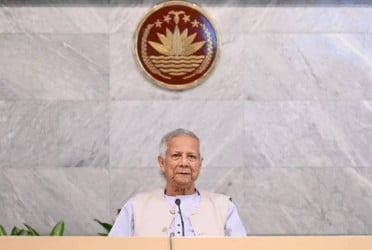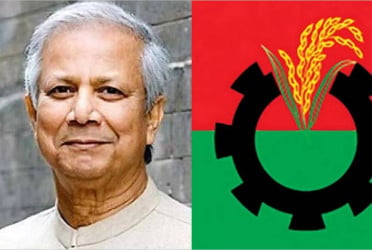Due to ongoing pressures on businessmen and industrial entrepreneurs, new investments in the country have largely stalled. High interest rates on bank loans, power and energy shortages, and concerns about law and order have caused significant stagnation in production. On top of these, the political landscape has changed rapidly which led to attacks on factories, harassment through lawsuits, bank account freezes, travel bans, and unfounded campaigns that have left business owners feeling fearful and uncertain. As a result, many are hesitant to make new investments. Overall, private investment has come to a standstill. Experts believe that the situation has created uncertainty when it comes to creating new jobs.
Analysts say that many entrepreneurs have invested billions to boost their businesses, creating employment opportunities for a large number of people through their hard work. However, in the current situation, these investors are under immense pressure. Following the fall of Sheikh Hasina after the mass uprising, several factories were attacked and set on fire. Fearing attacks, some factories have stopped production. Despite having no political affiliations, many businessmen have been charged with murder cases. Several of them have had their bank accounts frozen. Due to imposed travel bans, many businessmen cannot travel abroad for urgent work. As a result, it is becoming difficult for entrepreneurs to sustain their businesses. The situation has reached a point where it feels like they are being asked to "swim even though their hands and feet are being tied up." Even those who have maintained clean records for 50 years are now on the brink of loan defaults.
Abdul Awal Mintoo, former president of FBCCI (the country’s top business and industrial association), told Bangladesh Pratidin, "In this volatile time, it is impossible for anyone to expand their businesses or make new investments. If you arrest and mistreat investors, this problem will not be resolved easily. Those who invest, create wealth, and create jobs are bearing all the responsibility. Meanwhile, those who have never invested, created wealth, or provided employment are forcibly imposing policies on investors. Unless this system in society is corrected, business expansion and investment growth will not increase.”
The private sector plays a major role when it comes to creating jobs. According to the Bangladesh Bureau of Statistics (BBS), government jobs account for only 3.8% of total employment in the country, while 14.2% of people are in the private sector. About 61% of employment comes from individual entrepreneurship, with the remaining 21% in other areas. As the private sector and individual enterprises face new challenges, new employment opportunities have nearly come to a halt.
Former FBCCI president Mir Nasir Hossain told Bangladesh Pratidin, " In order To resolve the current crisis in business and trade, the safety of businessmen must be ensured and a conducive environment for the business must be created. Without these, investment will not be sustainable.”
In order to sustain economic growth, investments in production-oriented industries and service sectors need to increase, with the private sector playing the main role. Economists believe that to boost private sector investment, the sense of fear and discomfort among businessmen must be alleviated. Furthermore, accelerating economic momentum, ensuring political stability, establishing good governance, revitalizing the banking sector and stock market, and resolving infrastructure issues like gas and electricity supply would stimulate investment and employment in the country.
Dr. Khondaker Golam Moazzem, Research Director at the Center for Policy Dialogue (CPD), told Bangladesh Pratidin, “Currently, there is no real investment-friendly environment in the country. Political uncertainty still remains present. High inflation has limited consumer purchasing power, and there is also uncertainty in export markets. Additionally, gas and electricity supplies are limited and costly. On top of that, businessmen face fear and insecurity.”
He added, “In this situation, rather than focusing on new investments, it is crucial to sustain existing investments. Efforts should be made to make sure that businesses that are still productive may survive. In the current situation, there is a fear (among businessmen) that many financial institutions may shut down. The reason behind that is the lack of ability to import raw materials. Export opportunities are also limited. All in all, businessmen are under pressure. If this pressure is not relieved, existing employment may also be at risk. Therefore, the government should prioritize sustaining existing investments over seeking new ones.”
Statistics show that despite being capable of working, around 2.7 million people are fully unemployed, and 1.5 million are half-employed. Additionally, another 13.8 million people are engaged in irregular work. Meanwhile, approximately 2.1 million new people join the labor market each year. 1.3 million people find jobs domestically or abroad. Almost 800,000 people do not have a secure source of income. Overall, nearly 25% of the labor force cannot fully utilize their potential to earn a living.
Economists believe that ensuring adequate investment to create jobs for the country’s large population is the biggest challenge for building a new Bangladesh. For the current fiscal year (2023-24), the target has been set to increase private sector investment to 27.34% of GDP. However, economists feel that achieving this target will be difficult given the current state of the country.
bd-pratidin/Rafid

